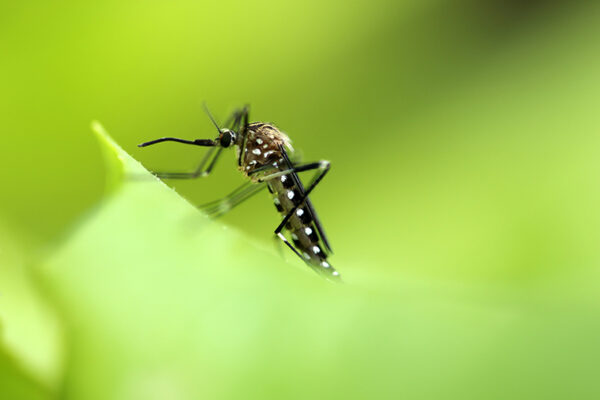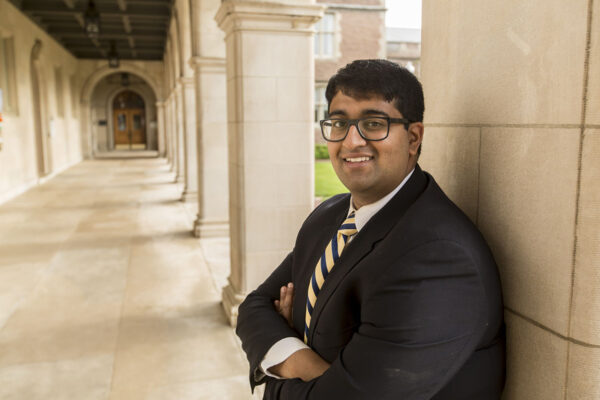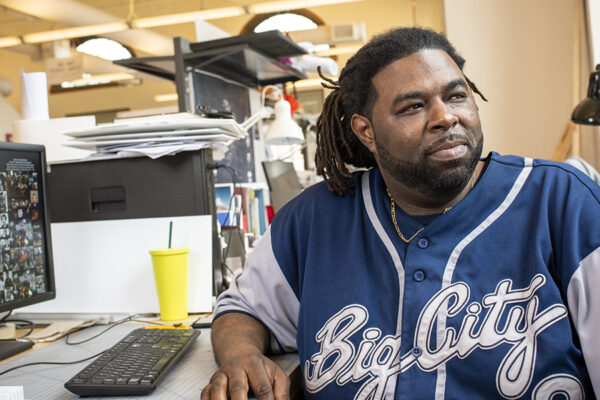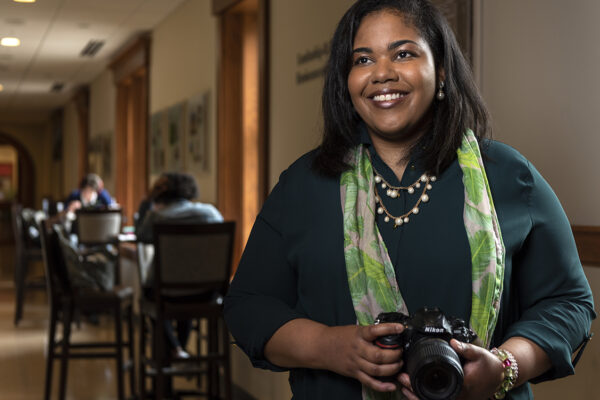A closer look at the most distant object ever explored
William B. McKinnon, professor of earth and planetary sciences in Arts & Sciences, is a co-investigator on the NASA New Horizons team that published the first comprehensive profile of Ultima Thule in the May 17 issue of the journal Science.
Bloomberg announces Midwestern Collegiate Climate Summit
Michael Bloomberg announced the formation and convening of the Midwestern Collegiate Climate Summit, to be held in early 2020, to focus on mitigating the effects of climate change. Washington University in St. Louis will serve as its anchor.
MEDIA ADVISORY: Washington University Commencement is 8:30 a.m. Friday, May 17
Washington University’s 158th Commencement is 8:30 a.m. Friday, May 17, in Brookings Quadrangle. The university will award degrees to more than 3,160 undergraduate, graduate and professional students, and Michael R. Bloomberg, 108th mayor of New York City and founder of Bloomberg LP and Bloomberg Philanthropies, will give the Commencement address. This will be the last Commencement ceremony that Mark S. Wrighton will preside over as chancellor; his tenure concludes May 31 after 24 years at the helm.
A tale of two skeeters
A native mosquito in Missouri has fewer parasites when it shares its waters with an interloper, according to new research from biologists at Tyson Research Center, the environmental field station for Washington University in St. Louis.
Senior class president to urge classmates to be change-makers
Senior Class President Joey Vettiankal abandoned his plans to be a doctor after observing the 2016 presidential debate at Washington University. “That’s when I realized that science had always been my interest, but politics and public policy are my passion,” said Vettiankal, who will pursue a career in law after graduation.
Medical student Keane to give graduate student address
Alexandra Keane has spent her undergraduate and medical student career at Washington University. She received numerous academic honors, played point guard on the women’s basketball team and, to cap her student years, will give the graduate student address at Commencement on Friday, May 17.
Machine learning reduces language barriers in global trade, research shows
A forthcoming Management Science paper from researchers at Olin Business School draws a direct connection between language translation driven by artificial intelligence and an increase in international trade. Analyzing data from online e-commerce site eBay, the paper is among the earliest tangible signs that AI and machine learning are living up to their promise.
Class Acts: ‘You have to have a plan’
As a kid biking the streets of Kinloch and Ferguson, Mo., Ryan A. Wilson was drawn to construction sites. Now the Sam Fox School master’s candidate is working on ambitious projects and exploring architecture’s capacity for rebuilding community.
Sharing a passion for learning with young people
Terri Williams is taking her master’s degree in American culture studies from University College in Arts & Sciences, along with a passion for teaching and inspiring young people, right back into neighboring University City.
Parking offers updates on permits, construction
University parking officials remind the campus community about parking permits for the 2019-20 academic year, give an update on the garage nearing completion at the east end of campus and what to expect with Commencement activities this week.
View More Stories









